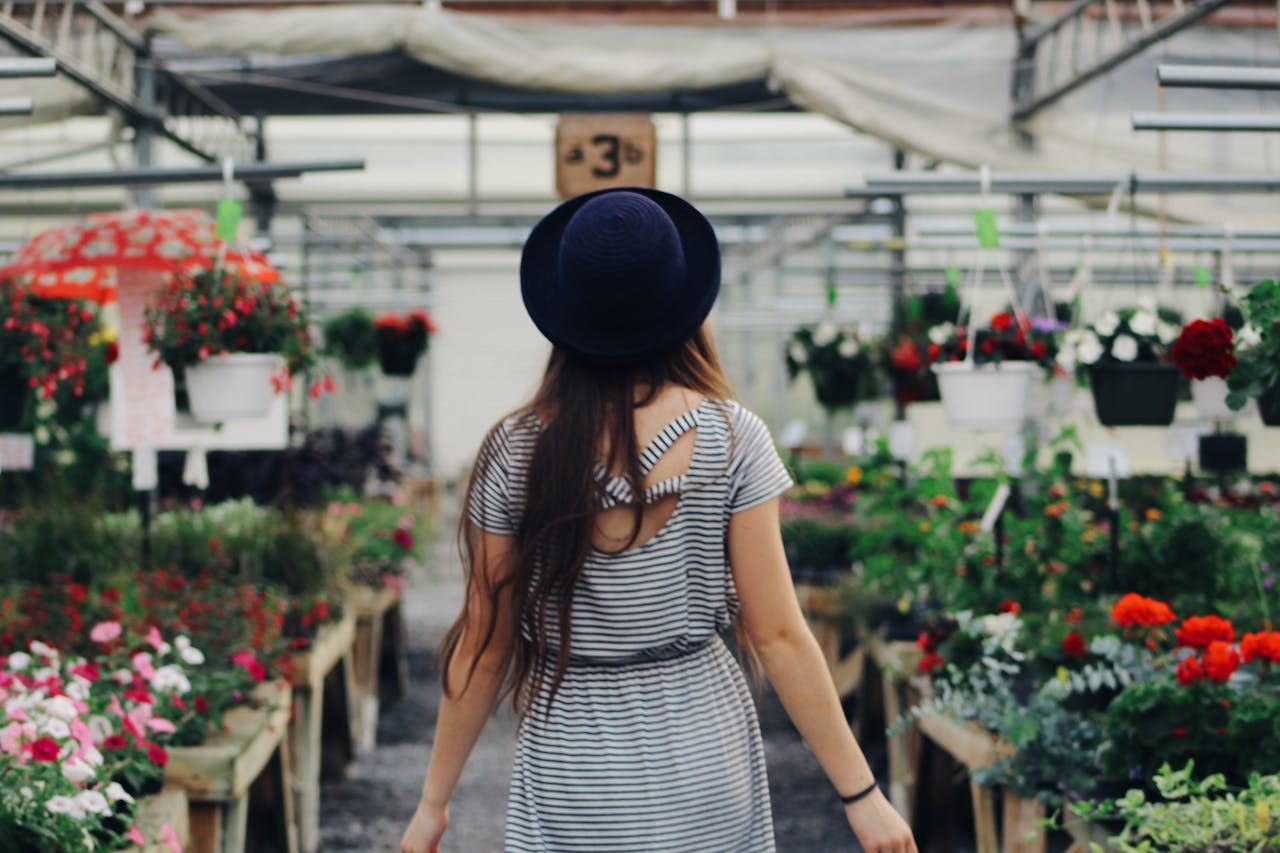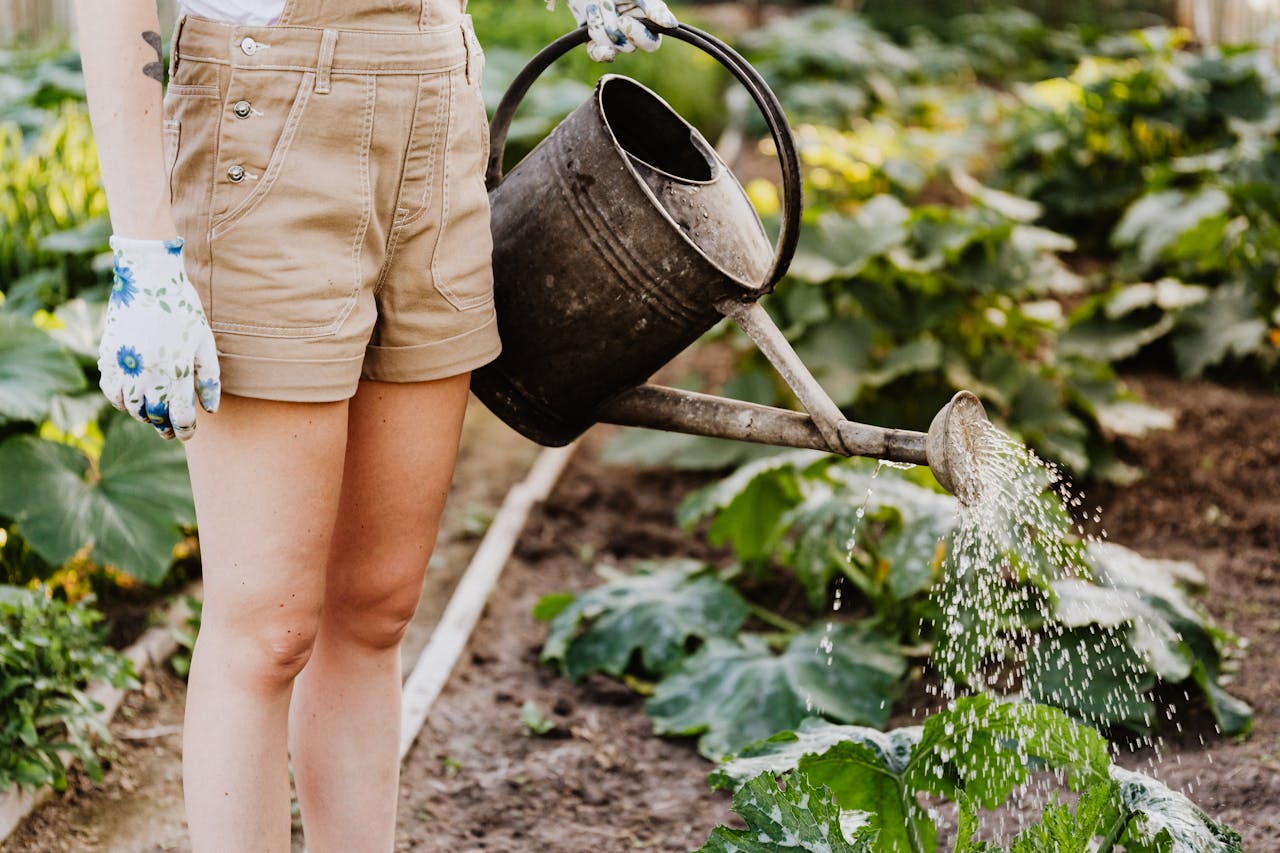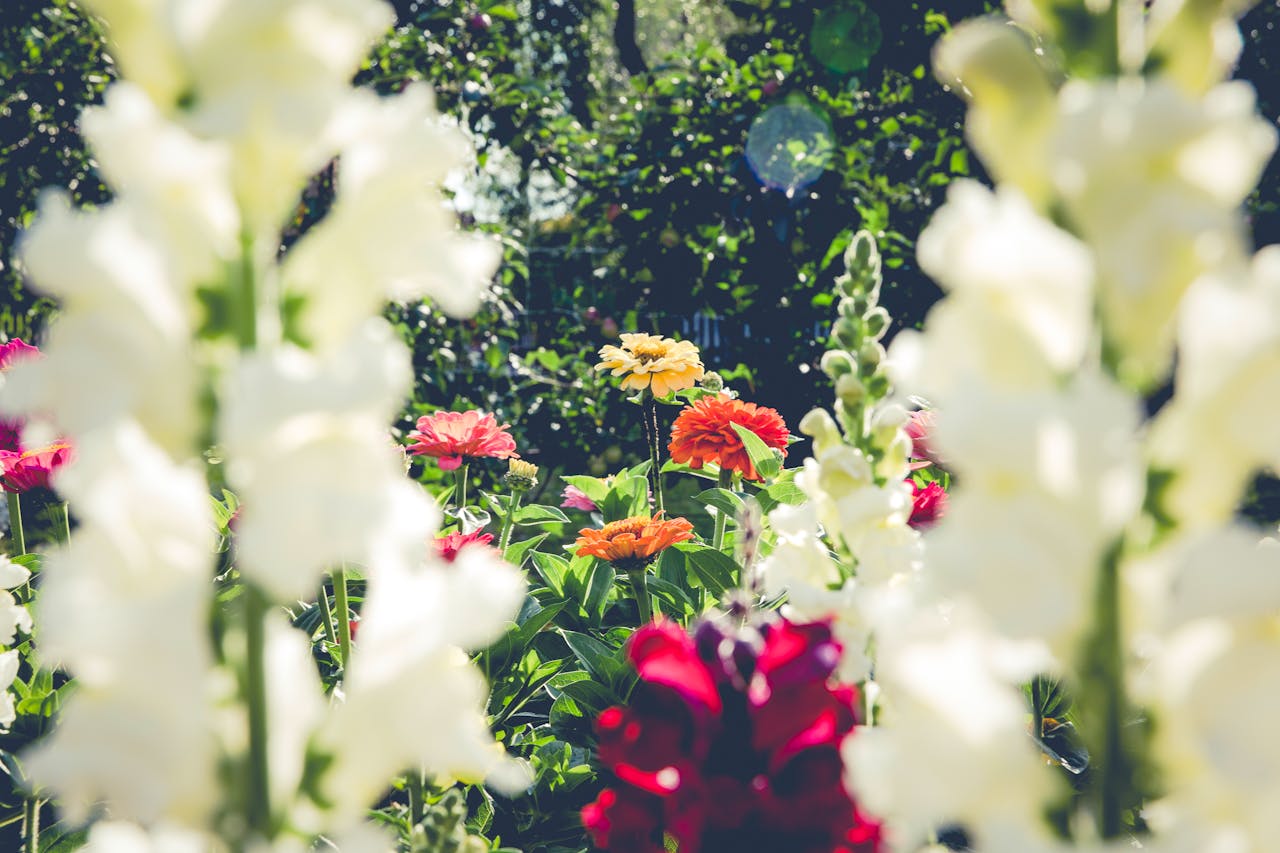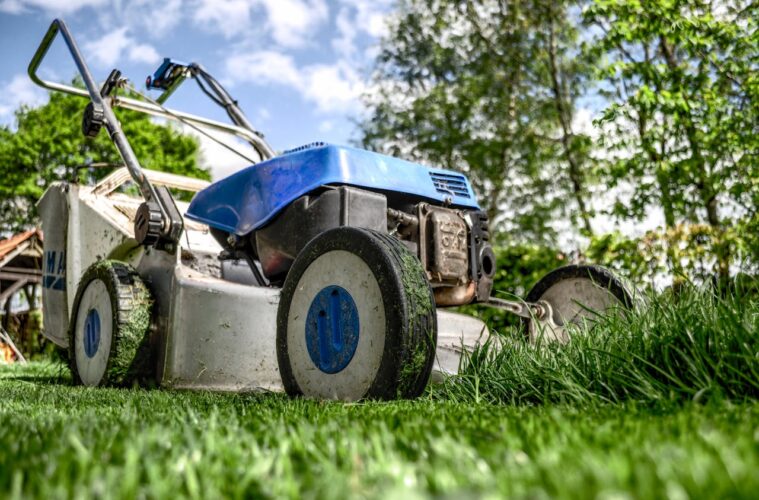Gardening is a rewarding and therapeutic hobby that allows you to connect with nature, enhance your outdoor space, and even grow your own food. If you’re a beginner in the UK, you might feel overwhelmed by the sheer amount of information available. This guide will help you get started with essential gardening tips tailored to the UK climate, covering everything from choosing the right plants to maintaining a healthy garden.
1. Understanding the UK Climate
The UK has a temperate maritime climate, which means mild summers, cool winters, and frequent rainfall. Knowing how this affects plant growth will help you make better gardening decisions.
- Spring (March to May): The best time for sowing seeds and planting most vegetables and flowers.
- Summer (June to August): A growing season that requires regular watering, weeding, and feeding.
- Autumn (September to November): Ideal for planting bulbs and hardy perennials before winter sets in.
- Winter (December to February): A dormant season when maintenance and planning for the next year are key.
2. Choosing the Right Plants for Your Garden
Selecting plants suited to the UK climate will increase your chances of success. Here are some beginner-friendly options:
Flowers
- Lavender: Hardy, fragrant, and attracts pollinators.
- Marigolds: Easy to grow, vibrant, and pest-resistant.
- Pansies: Perfect for autumn and winter displays.
- Geraniums: Low-maintenance and great for pots or borders.
Vegetables
- Tomatoes: Best grown in greenhouses or sheltered spots.
- Lettuce: Quick-growing and can be grown in containers.
- Carrots: Thrive in loose, well-drained soil.
- Potatoes: Perfect for beginners and can be grown in bags.
Herbs
- Basil: Great for indoor or outdoor growing.
- Rosemary: Hardy and requires little maintenance.
- Mint: Grows easily but should be contained as it spreads rapidly.
- Chives: Simple to grow and great for garnishing dishes.

Gardening Tips for Beginners in the UK
3. Planning Your Garden Space
Before you start planting, take some time to plan your garden layout.
Consider the Sunlight
Different plants have different sunlight requirements. Observe your garden throughout the day to determine which areas get the most sun.
- Full sun (6+ hours of direct sunlight): Ideal for tomatoes, sunflowers, and lavender.
- Partial shade (3-6 hours of sunlight): Suitable for lettuce, ferns, and hostas.
- Full shade (less than 3 hours of sunlight): Best for ferns, ivy, and foxgloves.
Decide on Raised Beds or Containers
- Raised Beds: Improve drainage and are easier to maintain.
- Containers: Perfect for small spaces and allow mobility.
4. Preparing the Soil
Good soil is the foundation of a healthy garden. In the UK, soil can vary, so it’s important to know what type you have.
Types of Soil in the UK
- Clay soil: Heavy, retains water, and can become compacted. Improve it with organic matter and grit.
- Sandy soil: Drains quickly but lacks nutrients. Add compost to improve fertility.
- Loamy soil: The best soil type – a balanced mix of clay, sand, and silt.
Improving Soil Quality
- Add compost or well-rotted manure for nutrients.
- Use mulch (wood chips, straw, or leaves) to retain moisture and suppress weeds.
- Rotate crops each season to prevent soil depletion.
5. Essential Gardening Tools
Investing in the right tools will make gardening easier and more enjoyable. Here are the essentials:
- Hand trowel and fork: For planting and weeding.
- Garden spade: Useful for digging and turning soil.
- Pruning shears: To trim plants and encourage growth.
- Watering can or hose: For keeping plants hydrated.
- Gloves: To protect your hands from thorns and dirt.

Gardening Tips for Beginners in the UK
6. Watering Wisely
Watering correctly is crucial for plant health. The UK climate provides plenty of rain, but during dry spells, you’ll need to water your plants.
Watering Tips
- Early morning or late evening is the best time to water, reducing evaporation.
- Use rainwater collected in a water butt to conserve water.
- Deep watering encourages stronger root growth.
7. Dealing with Pests and Diseases
Garden pests and diseases can harm your plants. Being proactive can prevent major problems.
Common UK Garden Pests
- Slugs and snails: Use beer traps, crushed eggshells, or copper tape around plants.
- Aphids: Spray with soapy water or introduce ladybirds.
- Caterpillars: Hand-pick or use netting to protect plants.
Preventing Plant Diseases
- Avoid overwatering, as damp conditions encourage fungal diseases.
- Remove dead leaves and debris to prevent mold and mildew.
- Rotate crops to prevent soil-borne diseases.
8. Pruning and Maintenance
Regular maintenance keeps your garden looking its best.
Basic Pruning Guide
- Remove dead or diseased branches to promote healthy growth.
- Trim perennials after flowering to encourage new blooms.
- Cut back woody herbs like rosemary to keep them from becoming leggy.
9. Composting for a Sustainable Garden
Composting is an eco-friendly way to improve soil fertility.
What to Compost
✅ Vegetable scraps
✅ Coffee grounds
✅ Eggshells
✅ Grass clippings
✅ Leaves
What Not to Compost
❌ Meat or dairy products (attracts pests)
❌ Diseased plants
❌ Weeds with seeds
10. Gardening in Small Spaces
If you have a small garden, balcony, or even just a windowsill, you can still grow plants.
Ideas for Small Gardens
- Vertical gardening: Use wall planters or hanging baskets.
- Container gardening: Grow herbs, tomatoes, or flowers in pots.
- Window boxes: Great for herbs and flowers in limited spaces.
11. Seasonal Gardening Tasks in the UK
- Spring: Plant seeds, prepare beds, and fertilize soil.
- Summer: Water regularly, deadhead flowers, and harvest vegetables.
- Autumn: Plant bulbs for spring, tidy up beds, and mulch soil.
- Winter: Protect delicate plants, prune trees, and plan for the next season.
12. Joining Gardening Communities
Learning from others can make gardening even more enjoyable. Join online groups or local gardening clubs to exchange tips and advice. Some popular UK resources include:
- The Royal Horticultural Society (RHS)
- Gardeners’ World Forum
- Local allotment societies
Final Thoughts
Gardening is a fulfilling hobby that doesn’t require expert knowledge—just patience and a willingness to learn. By understanding the UK climate, choosing the right plants, and following basic maintenance tips, you’ll soon enjoy a thriving garden. Whether you grow flowers, vegetables, or herbs, the joy of seeing your plants flourish will be well worth the effort.
Happy gardening!

Gardening Tips for Beginners in the UK

